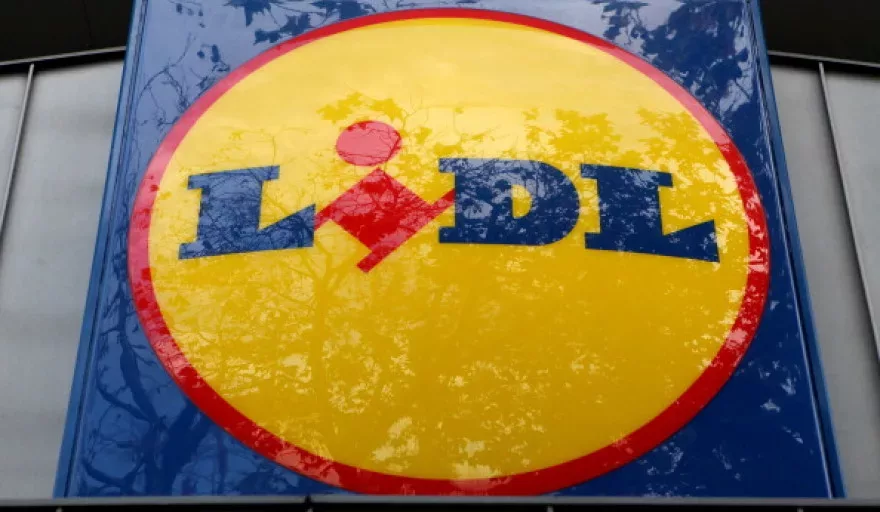The company behind the Lidl supermarket chain is set to become western Europe’s biggest grocery retailer by 2018 as discounters become mainstream across the continent.
“This is an unprecedented power shift in European retail fuelled by the near unstoppable growth of the discount format,” said David Gray, author of a report compiled for Planet Retail, the consultancy firm.
He predicts that the privately owned Schwarz Group, which is controlled by a German multibillionaire and owns Lidl together with the Kaufland hypermarket chain, will overtake French group Carrefour and Tesco to generate sales of €80bn (£65bn) by 2018.
Its current sales are around €65bn. The growth will be powered by Lidl and its fellow discounters heading into more high streets, listing more branded products and stocking more fresh food. Gray says these new avenues of growth for discounters are driving a fundamental shift in the way people shop that will outlast the economic downturn across Europe. “This readjustment will be permanent rather than a temporary blip,” he said.
That shift will help Lidl’s parent company grow at a rate of nearly 5% a year for the next five years. Rival group Aldi’s sales, says the report, will rise by 3.5% a year. In contrast, mainstream supermarkets owned by groups like Carrefour, Tesco and Asda will increase sales by less than 2% a year. As a result, Aldi will also overtake Germany’s Metro Group to become western Europe’s fourth biggest grocer, just behind Tesco.
The good news for Tesco and Carrefour comes from the growth of convenience retailing, the fastest growing grocery sector where sales are expected to rise by 5.3% a year. Planet Retail’s predictions emphasise the difficulties for the UK’s major grocers who are already taking a hammering from discounters, led by Aldi and Lidl.
The two German retailers now control more than 8% of the £160bn UK grocery market, up from less than 7% a year ago, and their growing influence is forcing the big four supermarkets to slash prices in a bid to compete.
All the major supermarkets lost market share last year as British shoppers were tempted either by bargains at the discounters or better quality food at upmarket grocers Waitrose and Marks & Spencer. In a bid to compete with their smaller rivals, Morrisons last month slashed the price of 1,200 products by an average 17%, while Tesco, Sainsbury’s and Asda have all cut the price of basic foods such as bread, milk and eggs.
In order to fund its price cuts, Morrisons has embarked on a £1bn cost-cutting programme which resulted in a decision to axe 2,600 managerial jobs in stores this week.
The Morrisons job cuts follow a similar initiative from Asda, and Shore Capital analyst Clive Black said more jobs would go across the sector as supermarkets adjust to the new tough market. He suggested retailers’ head office employees as well as store staff could face the chop.
“In a market suffering sustained weak demand and gross margin pressure, cutting the costs accordingly is the key lever available to management to support margins and profits.”
SOURCE: http://www.theguardian.com/business/2014/jun/18/lidl-owner-europe-gocery-biggest-schwarz


















